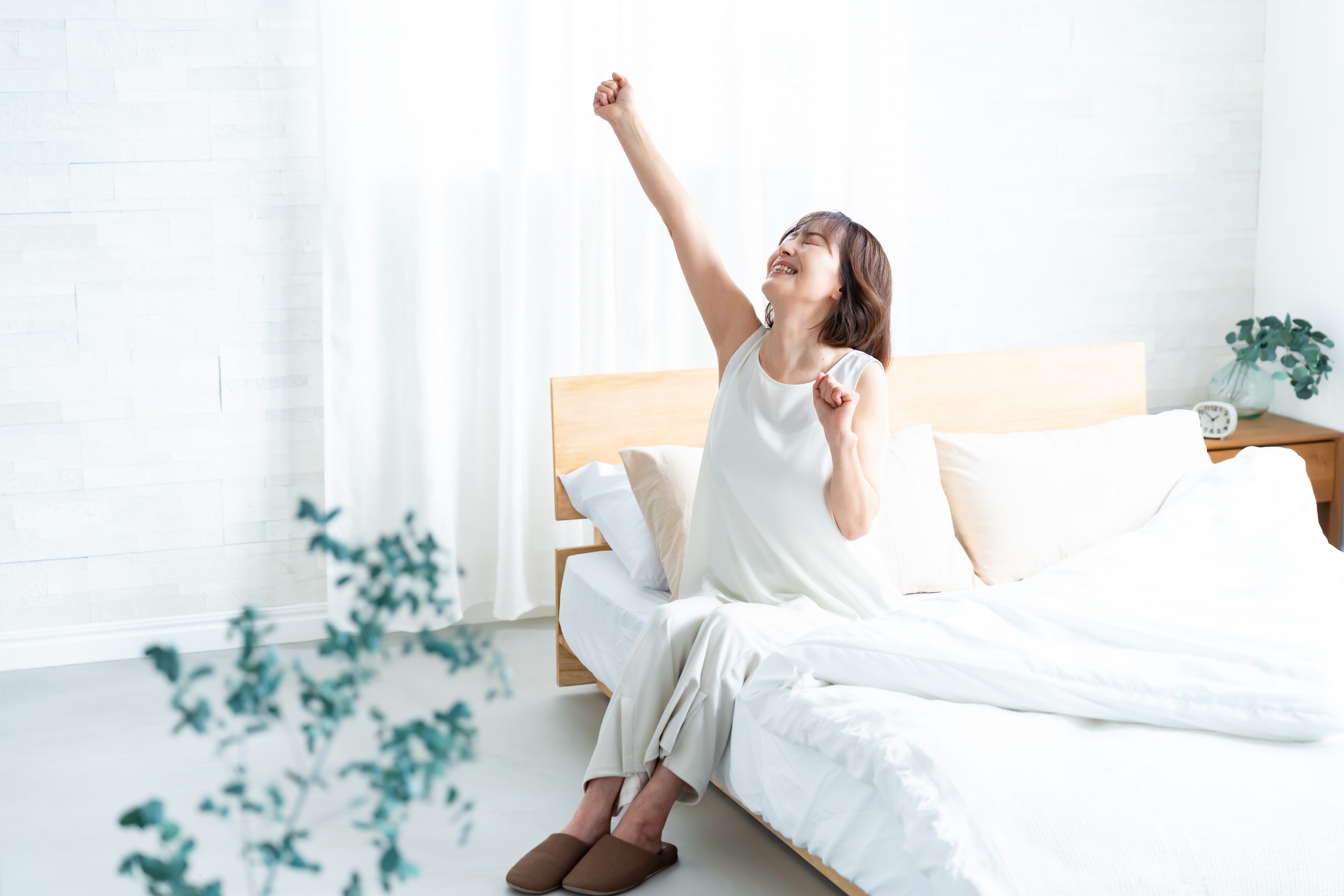In Northern Ireland, the Coroner has recently criticised the care received by Victor Mclean, who died in a Ballymena care home in 2022. His sad death emphasises the importance of letting people sleep and the dangers of “conveyor belt care”.
Mr. Mclean fell 13 times whilst resident, many in the August before his death in October. One factor in his falls that all homes should be seeking to learn from was his disrupted sleeping pattern.
Mr. Mclean had dementia and was prone to sundowning. In his case, this meant he was restless and agitated in the evening and slept poorly. Unfortunately, staff at the care home didn’t let him sleep in, getting him up and dressed in the morning even when he hadn’t slept a wink.
This obviously meant poor Mr. Mclean was prone to falling asleep during the day. On one occasion he pitched forward onto the corridor floor when he fell asleep there. On several occasions he missed meals because he was asleep or too tired to eat properly and was losing weight.
After a fall in his bathroom in September, he was admitted to hospital but even there he was not properly supervised. The nurse in charge of his discharge didn’t read his notes and he went back to the care home where he died, surrounded by his family, a few days later.
The role of disrupted sleep in falls and behaviour cannot be understated. Unfortunately, in a busy care home the morning “conveyor belt of care” in which people are methodically got out of bed, washed and sat in the lounge before a certain time is easy to fall onto.
When considering the required staffing levels, it is therefore vital to consider people’s actual needs and habits alongside the output of whatever dependency tool you use. Particularly at night, if you have people in your home who want to be awake and active then having the staff to support them is essential.
It’s perfectly normal for older people (and middle aged care consultants) to nod off in front of the television after lunch and many enjoy a planned afternoon nap, but people should not be exhausted all day.
Ensuring people get a good night’s sleep will reap benefits in terms of improved behaviour, fewer falls and less need to resort to psychotropic medicines; it will also improve the morale and wellbeing of both staff and residents greatly.
I get up when I want, except on Wednesdays, when I am rudely awakened by the dustmen…
Parklife! But it should also be Care Home Life. If it isn’t, or you have any other concerns I could help with, please get in touch.
The Care Inspectorate in Scotland has produced this useful guide.


Leave a Reply